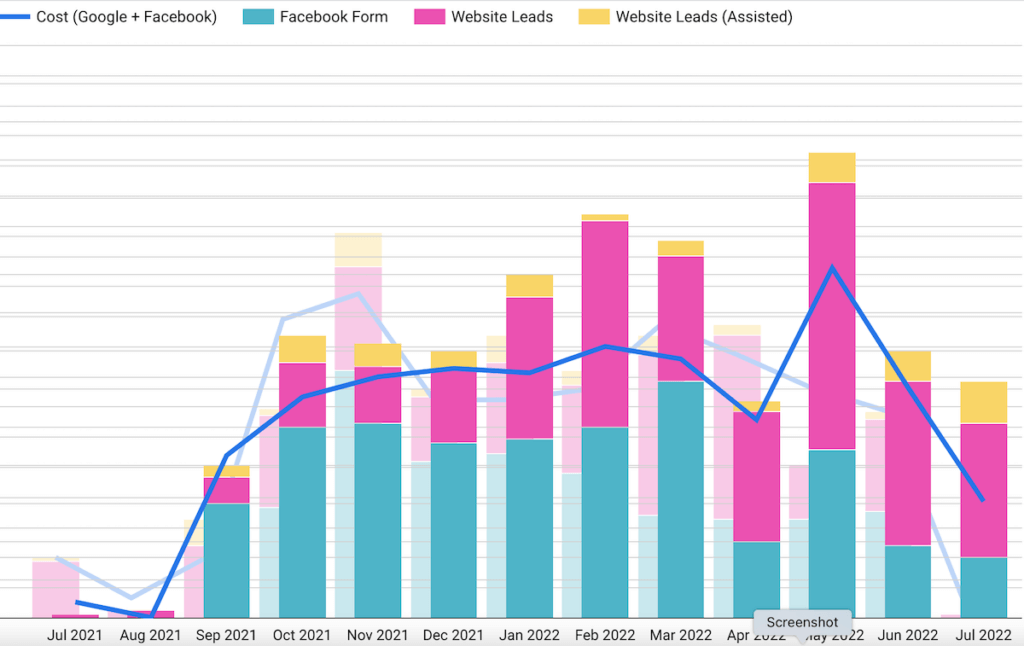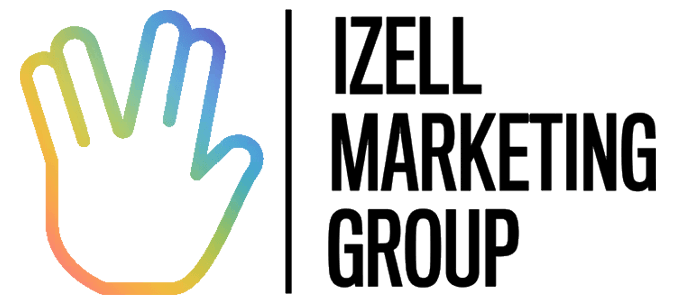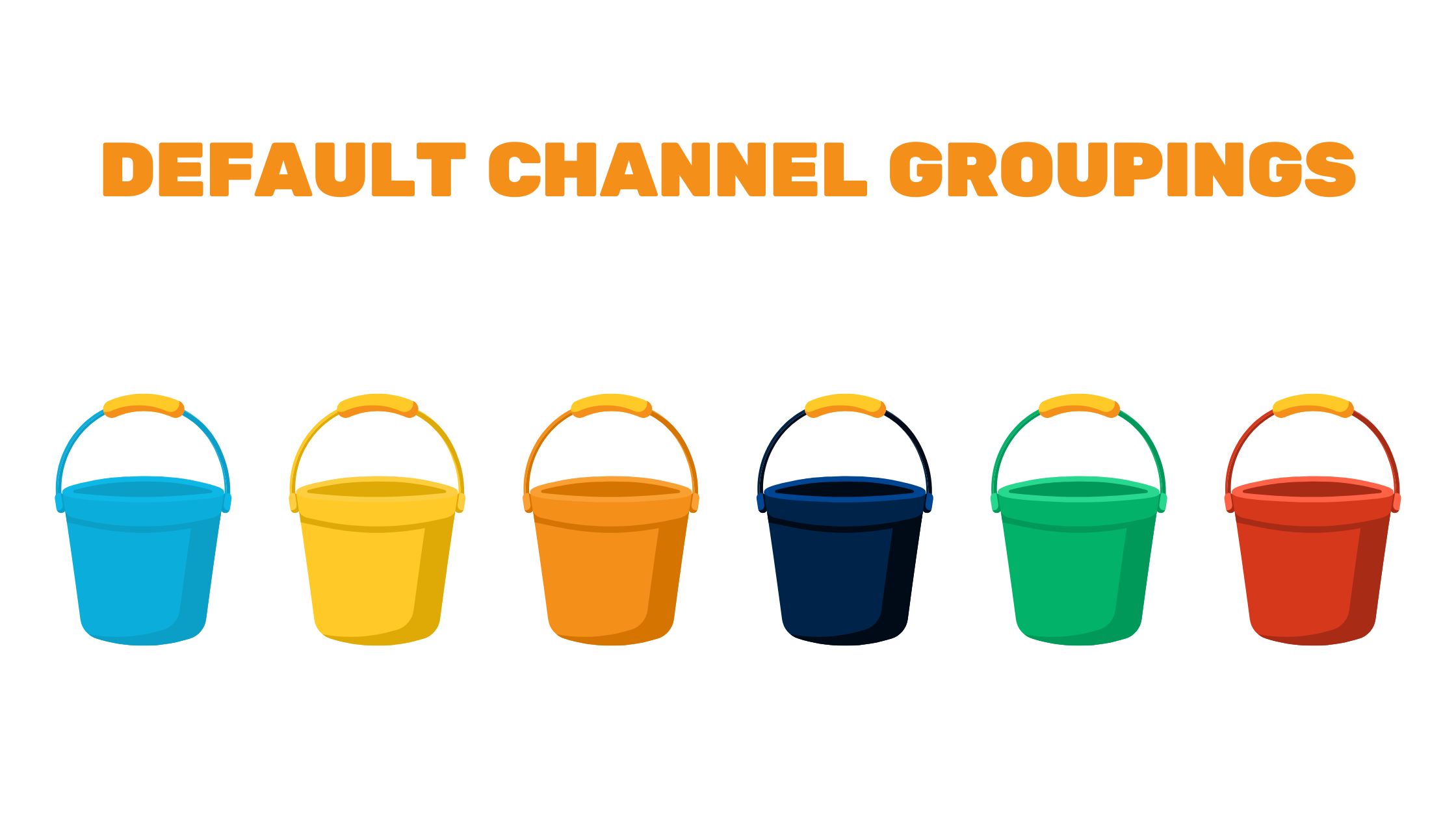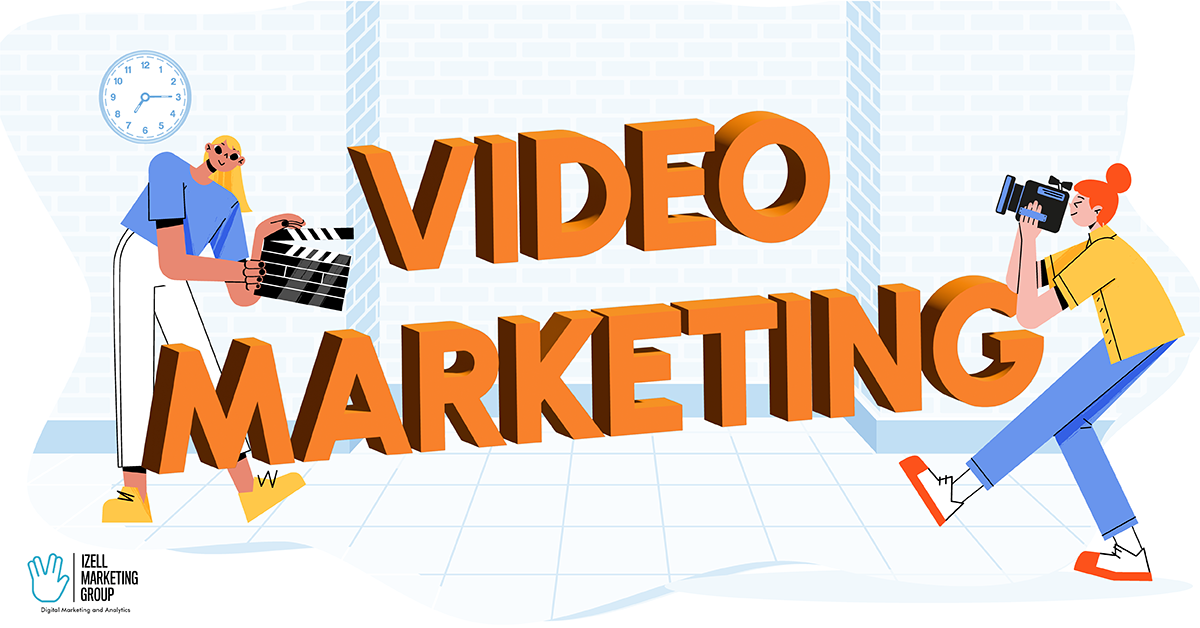What is the benefit of using digital marketing for your business?
What does a conversion on Google or Facebook mean?
Are you advertising online but aren’t sure if it’s working?
These may be some of the questions you’ve asked yourself now that you’ve started thinking about investing in online advertising and definitely should be if you’ve already begun. Digital marketing, also known as online or paid advertising, is a primary method for companies to promote their brand across a variety of online platforms including Google, Meta (Facebook and Instagram), Youtube, Pinterest, and so many more. It can be overwhelming to know where to start and even harder to measure the success.
Understanding the value of digital marketing, specifically in regards to your company goals, is essential for utilizing these platforms to your benefit. But how do you really know if it’s working?
Define Your Primary Goals
Every company should know their business goals before they begin advertising. This can be anything from driving phone calls, capturing leads, getting customers to purchase on your website, etc. The strategy behind your marketing plan will be derived from these goals, so it is important to know what you’re measuring before you throw money at one or more of these platforms.
How do I know which platforms to use?
Once you’ve narrowed in on your goals, the next step is to understand which platforms work best to help achieve them. If you’re working with a marketing agency, it will be their job to provide you with a recommended strategy that also highlights how each platform will accomplish these goals. If you’re working with a marketing team in-house, make sure you’ve aligned your goals with your strategy so that you can track the success of the campaigns from the beginning.
Here are the top ones typically measured across search and social:
- Google Ads: phone calls, contact form submission, purchase/sale, and a download
- Meta Ads (Facebook and Instagram): purchase/sale, Facebook lead forms, event registration, and a download
Once these have been created, it’s time to define and set up tracking for the conversions you want to measure. For the most accurate results, this should be done through Google Analytics, then connected to your ad platforms.
![]()
Some platforms are known for padding results or incorrectly defining a conversion so make sure you are doing the due diligence during the set up phase to ensure you’re tracking conversions correctly.
What is the value of a conversion?
A conversion in marketing is when a visitor completes a desired goal. The value of any conversion is ultimately determined by the company and should be set up by platform. When you begin measuring conversions across a variety of platforms, it’s important to also understand how to report on these results accurately.
Example:
Clicks are great for building awareness, but did any of them lead to a conversion (sale, lead, call)? How many clicks were required to capture that conversion? What was your ROAS (return on ad spend)? These are just a few of the measurements that are important for understanding the value of your ads and how it is helping achieve your business goals.
Reporting on results
Once you’ve defined your goals and set them up correctly, make sure there is a way for you and your team to review the performance of your campaigns. Real-time reporting is essential for understanding what is happening on a daily/weekly/monthly basis, and your pre-defined conversions should be included in these reports.

For more information on how to start defining your goals and understanding how to report on your digital marketing results, contact us at hello@izellmarketing.com




